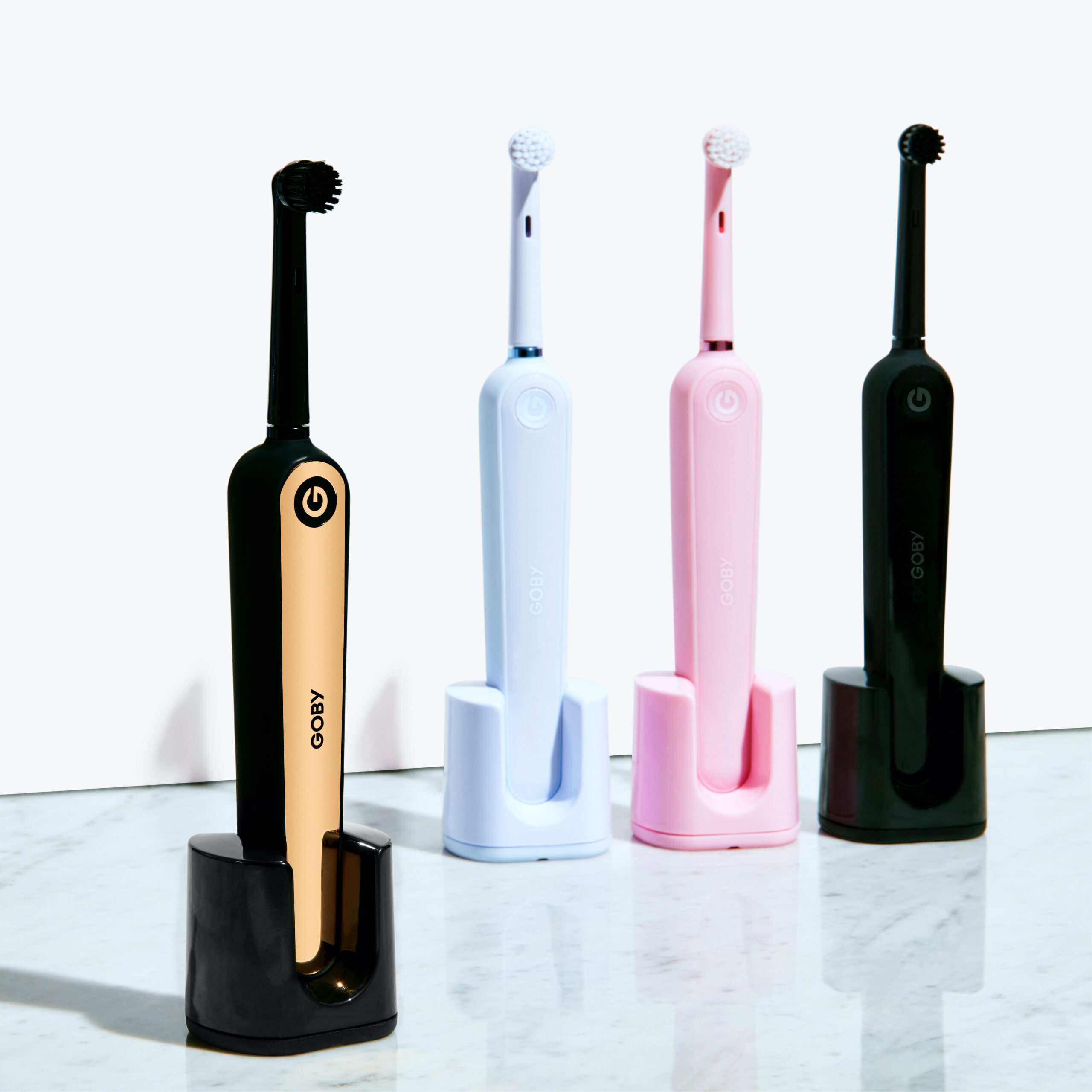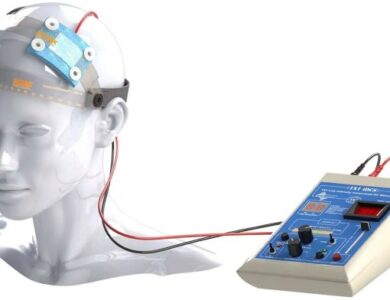Electric Toothbrush vs Manual Toothbrush: Exploring the Advantages and Considerations
Choosing between an electric toothbrush and a manual toothbrush is a decision that often depends on individual preferences and oral health needs. Let’s explore the advantages and considerations for both options:
Advantages of Electric Toothbrushes
Electric toothbrushes have gained popularity in recent years due to their advanced features and potential benefits for oral health. Here are some advantages of using an electric toothbrush:
- Efficient Cleaning: Electric toothbrushes are designed to provide a more thorough and efficient cleaning compared to manual toothbrushes. The rotating or vibrating bristles can reach areas that are difficult to access with a manual brush, ensuring a more comprehensive clean.
- Built-in Timers: Many electric toothbrushes come with built-in timers that help users brush for the recommended two minutes. This ensures that you brush for the appropriate amount of time, promoting better oral hygiene.
- Pressure Sensors: Some electric toothbrushes are equipped with pressure sensors that alert you when you’re brushing too hard. This feature helps prevent overbrushing, which can lead to gum recession and enamel wear.
- Convenience: Electric toothbrushes do most of the work for you, requiring less physical effort compared to manual toothbrushes. This can be particularly beneficial for individuals with limited dexterity, such as children, the elderly, or those with physical disabilities.
- Motivation: The novelty and advanced features of electric toothbrushes can make brushing more enjoyable and engaging, especially for children. This can help motivate individuals to brush regularly and maintain good oral hygiene habits.
Considerations for Electric Toothbrushes
While electric toothbrushes offer several advantages, there are also some considerations to keep in mind:
- Cost: Electric toothbrushes tend to be more expensive upfront compared to manual toothbrushes. Additionally, they require periodic replacement of brush heads or batteries, which can add to the long-term cost.
- Portability: Electric toothbrushes may not be as portable as manual toothbrushes, especially if they require charging. This can be a factor to consider for individuals who frequently travel or have limited access to electricity.
- Learning Curve: Switching from a manual toothbrush to an electric one may require some adjustment and practice to get used to the different brushing technique and the sensation of the vibrations or rotations.
Advantages of Manual Toothbrushes
While electric toothbrushes have their benefits, manual toothbrushes also offer advantages that make them a popular choice for many individuals:
- Cost-Effective: Manual toothbrushes are generally more affordable compared to electric toothbrushes. They don’t require any additional costs for replacement brush heads or batteries.
- Portability: Manual toothbrushes are lightweight, compact, and don’t require charging, making them highly portable. You can easily carry them in your bag or pocket, ensuring consistent oral hygiene even when you’re on the go.
- Familiarity: Many people are accustomed to using manual toothbrushes and find them comfortable and easy to use. The simplicity of a manual toothbrush can be reassuring for individuals who prefer a straightforward oral hygiene routine.
- Control: With a manual toothbrush, you have more control over the pressure and brushing technique. This can be beneficial for individuals with sensitive gums or specific dental conditions that require a gentler approach.
Considerations for Manual Toothbrushes
While manual toothbrushes have their advantages, it’s important to consider the following:
- Efficiency: Manual toothbrushes require more effort and technique to ensure a thorough clean. It can be challenging to reach certain areas of the mouth, especially for individuals with limited dexterity or orthodontic appliances.
- Brushing Technique: Improper brushing technique with a manual toothbrush can lead to ineffective cleaning and potential oral health issues. It’s essential to learn and practice proper brushing techniques to maximize the benefits of a manual toothbrush.
- Motivation: Some individuals may find manual toothbrushes less engaging or less motivating compared to electric toothbrushes, especially children who may need extra encouragement to maintain good oral hygiene habits.
Ultimately, the choice between an electric toothbrush and a manual toothbrush depends on personal preferences, oral health needs, and budget considerations. Both options can effectively clean your teeth if used correctly and consistently. It’s important to choose a toothbrush that you feel comfortable with and that allows you to maintain good oral hygiene habits. Consulting with your dentist or dental hygienist can also provide valuable insights and recommendations tailored to your specific oral health needs.





